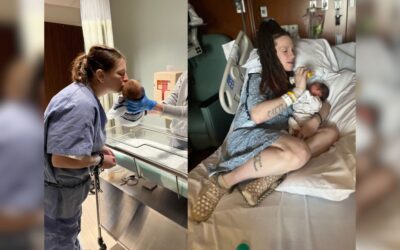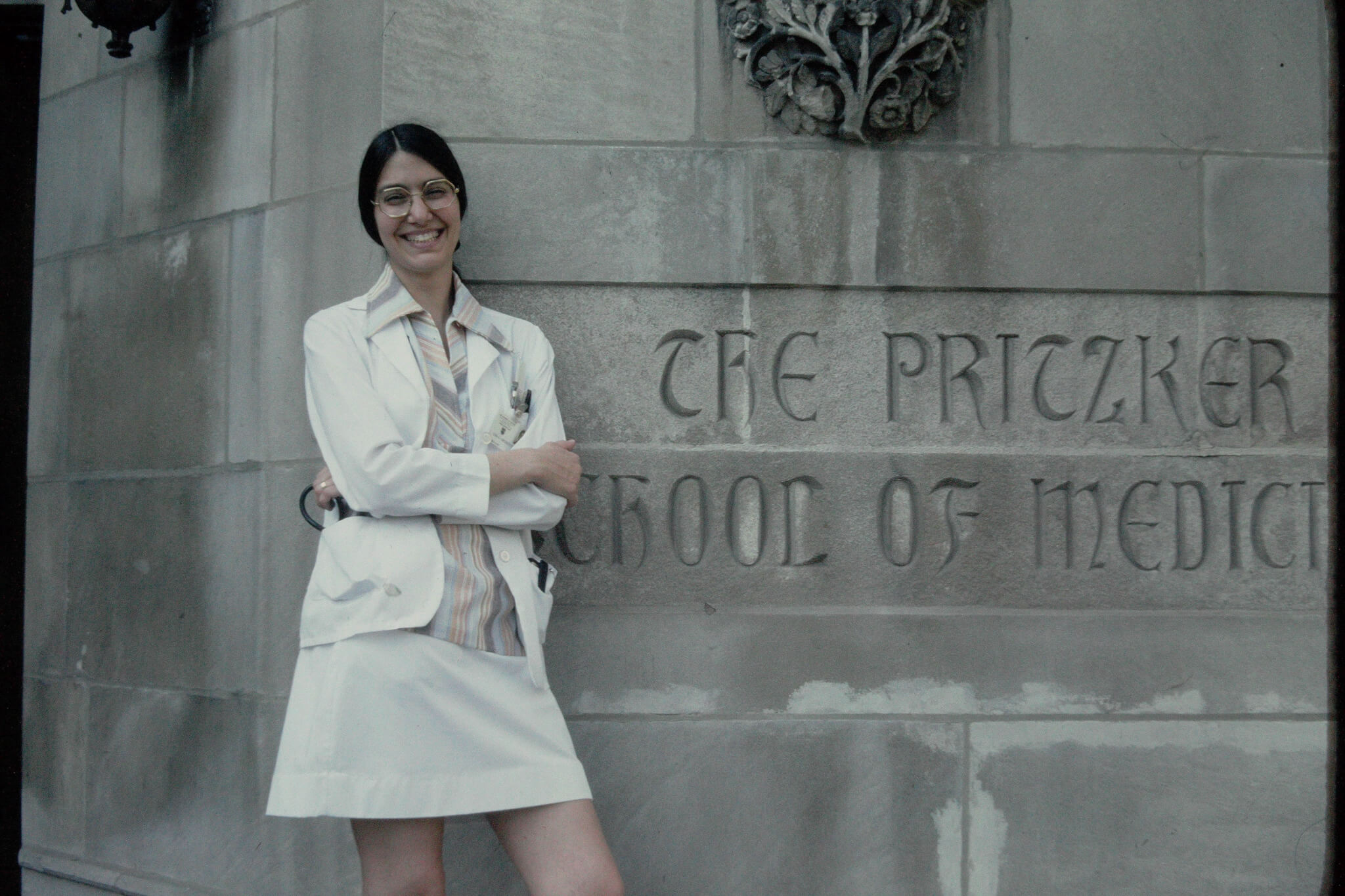
Kaplowitz as an intern.
In 1974, Lisa Kaplowitz was 23 years old and in her final year of medical school at the University of Chicago. She was looking forward to graduation. She had been married for a few years and was enrolled in a study of a new copper IUD. Kaplowitz and her husband were “compulsive about contraception,” so when she discovered she was pregnant, both of them were stunned. She had been assured six months prior that her IUD didn’t need to be changed after only two years, but when she informed the study physician of her pregnancy, Kaplowitz was effectively told, “So sorry, these things happen.” This left her in a vulnerable position, but Kaplowitz was determined not to give up on her dream of being a doctor.
During her time in medical school, she weathered sexist accusations hurled at her, including that she was taking a place away from a man and that she was going to have children and leave medicine once she finished her training. Kaplowitz says that she and her husband knew pretty much instantly that the pregnancy would have to be terminated. They couldn’t afford a child; they were living off of her husband’s stipend and her part time work in the hospital laboratory as a nurse’s aid. Both of their families lived 1,000 miles away, so they had no close familial support, and they knew they could not afford child care. They were “emotionally, financially, and psychologically” not ready to have children.
“Basically, if I had continued with that pregnancy, I would’ve had to either give up my medical career or postpone it for a number of years,” she said.
As Kaplowitz says, fortunately, it was 1974, the year after the US Supreme Court’s decision in Roe v. Wade established a woman’s right to have an abortion nationwide. She says she was quickly able to identify an abortion provider in her city and make an appointment. She describes the appointment as quick, and says that what she remembers most was the “caring support of the staff and the vast relief” she felt after the procedure was finished. She laid there quietly afterwards, thinking of a friend of hers who, in 1970, had been blindfolded in a back alley in the same city before being taken to a room for her abortion. Kaplowitz says she felt lucky. Within days, she was back at work on the hospital floors.
Because of her abortion, Kaplowitz says she was able to have the career she had worked so hard for. She was able to complete her medical degree at the University of Chicago Pritzker School of Medicine. She then went on to complete her residency in internal medicine and her fellowship in infectious diseases at the University of North Carolina. She became a faculty member in the Department of Medicine at Virginia Commonwealth University (VCU) and Director of VCU’s HIV/AIDS Center, where she focused on clinical care and education, as well as supported community-based AIDS service organizations. Kaplowitz also served on the AIDS Legislative Subcommittee in the Virginia General Assembly for 10 years, which drafted HIV-related legislation. In the late 90s, she served as a Robert Wood Johnson Health Policy Fellow in Washington D.C., where she worked in US Sen. Jay Rockefeller’s office on healthcare financing and end-of-life care.
In 2002, Kaplowitz received her master’s in health administration from Virginia Commonwealth University, and around that time is when she shifted from an infectious disease physician and educator to working in public health. From then until 2008, she served as the Deputy Commissioner for Emergency Preparedness and Response in the Virginia Department of Health, where she developed and implemented Virginia’s public health and medical response to all sorts of emergencies. Later, Kaplowitz spent a number of years working in the federal government. She worked in the Office of the Assistant Secretary for Preparedness and Response (ASPR), where she was in charge of policy and was involved in responding to the “health components” of emergencies from hurricanes to Ebola. She then worked within the U.S. Department of Health and Human Services before going back to Virginia to work in local public health at the Arlington County Department of Human Services.
Now, Kaplowitz considers herself “semi-retired” but has been working as a consultant within the Virginia Department of Health since 2021. Initially, she assisted in developing a plan to vaccinate the state of Virginia against COVID-19. She recently switched gears, however, and is now working on community health worker issues, addressing a “broad range of social determinants of health,” such as the maternal mortality rate, substance abuse issues, and more.

Kaplowitz says that she would never have been able to accomplish all she has if she had continued with her pregnancy almost 50 years ago. She has never regretted her decision. She went on to have two sons, both of whom are married with kids of their own now.
“As I’ve since told both of my sons, parenthood is the hardest job I’ve ever had,” she said. “It is incredibly difficult. Without resources, it’s even more difficult. For me, there was nothing more frightening than an unplanned pregnancy, and nothing more exciting than a planned pregnancy. It’s like night and day. It’s not even comparable.”
Kaplowitz also offered her thoughts on the overturning of Roe v. Wade, which happened last year.
“I was horrified,” she said. “It was very upsetting because I have two granddaughters; they’re not going to have the same choices that I had. The people who oppose abortion now…they’re not making moves to support parents. They’re pro-life until birth. We don’t provide universal day care, we don’t provide universal pre-kindergarten. We don’t really support parents, especially parents who lack resources. It’s anti-female. It’s misogyny. There’s just no question in my mind that it’s about controlling women.”
Kaplowitz says that since the Supreme Court’s ruling overturning Roe last June, she’s been thinking about what could’ve been done differently during the past 50 years, when the protections of Roe were still in effect. She thinks that talking about abortion is what really helps normalize it, but that there wasn’t enough discussion over the past half century. She believes that talking about abortion is how regular people fight misinformation. They need to talk about the procedure, how common it is, and the devastating complications that may arise during pregnancy – i.e. when a fetus is not viable – and just how risky pregnancy is in general.
“Anytime a woman is pregnant, she is taking a risk with her life, as well as with the life of the baby,” Kaplowitz said. “Abortion is a whole lot safer than a full-term pregnancy. There are risks to every pregnancy. We know it’s worse for women of color, and low socio-economic groups. It’s not benign. Pregnancy is not benign. Abortion is much safer than even a normal pregnancy.”
During her interview, Kaplowitz also spoke about her mother, who served on the Board of Planned Parenthood of Central Pennsylvania and died just three years ago at the age of 92: “I’m glad she didn’t live to see Roe v. Wade overturned.”

Virginia lawmakers warn—contraception fight is far from over as Trump officials push to destroy $10M supply
Planned Parenthood’s “Bros for Repro” delegates say federal attacks on birth control could foreshadow risks for Virginians. Virginia lawmakers say...
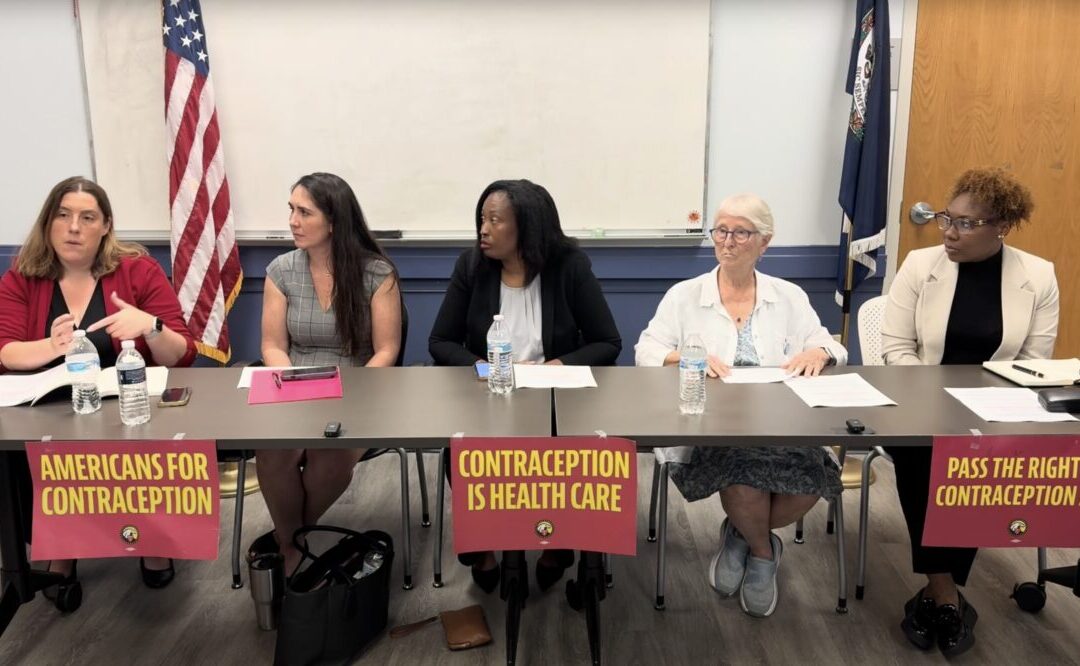
At a Virginia roundtable, advocates warn contraception rights are at risk
The event spotlighted Virginia’s stalled Right to Contraception Act and the broader fight against policies that could strip thousands of Virginians...
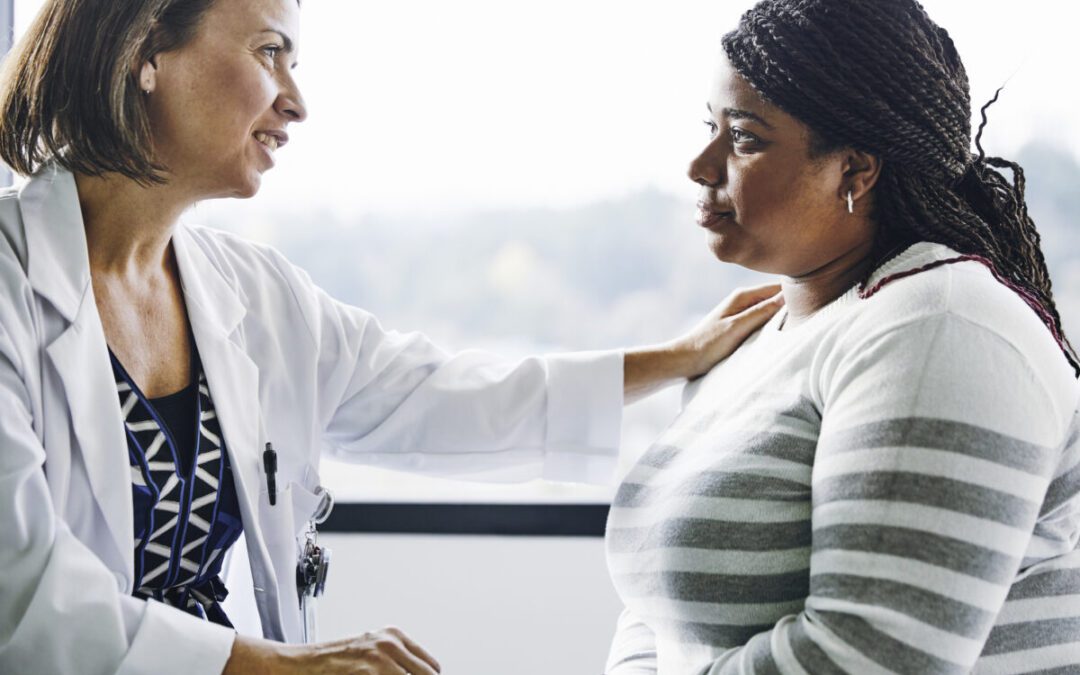
In her own words: Why this Texas physician now helps women in Virginia
Dr. Lou Rubino is just one of many physicians who’ve left Texas as a result of the state’s multiple abortion bans—laws that prevent doctors from...
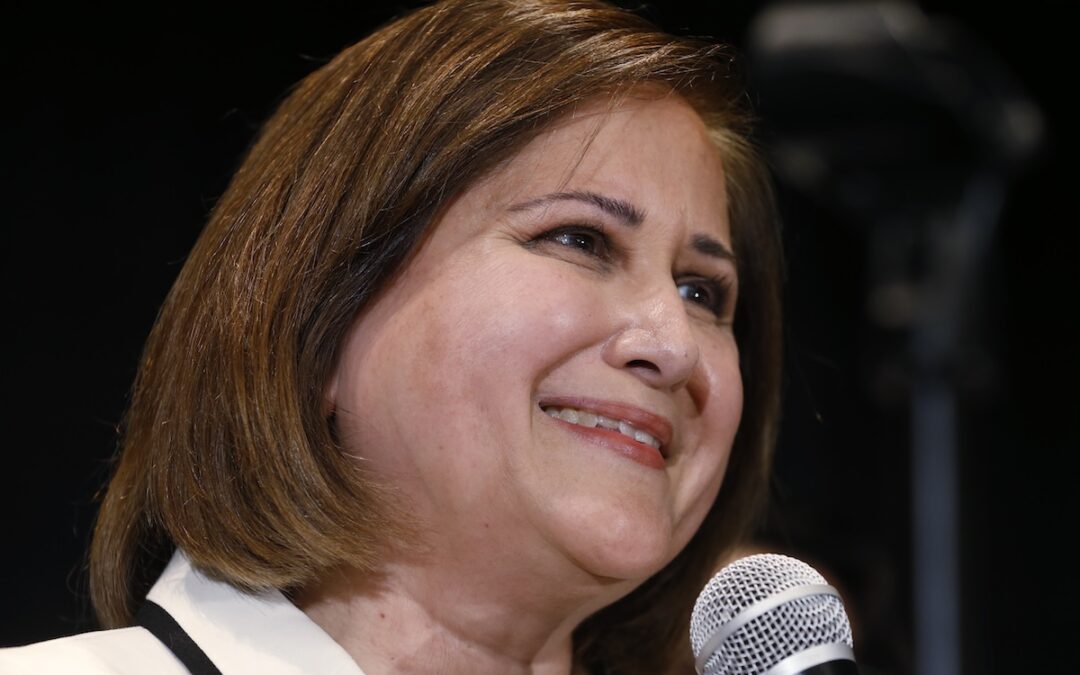
Ghazala Hashmi speaks out: ‘I’m so thankful my doctor could save my life’
The Democrat running for lieutenant governor of Virginia reveals she had two dangerous miscarriages—and pledges to protect reproductive rights for...
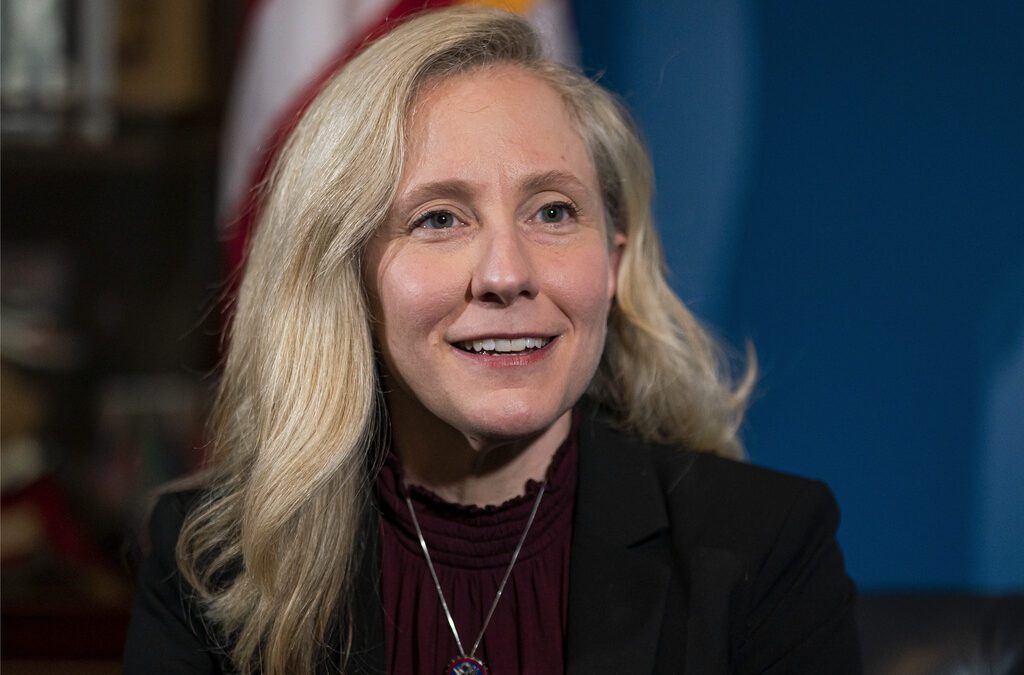
Spanberger makes reproductive rights a cornerstone of her run for governor
She's pledging to defend contraception access and expand abortion protections. Virginians got to learn a little more about the Democrat running for...
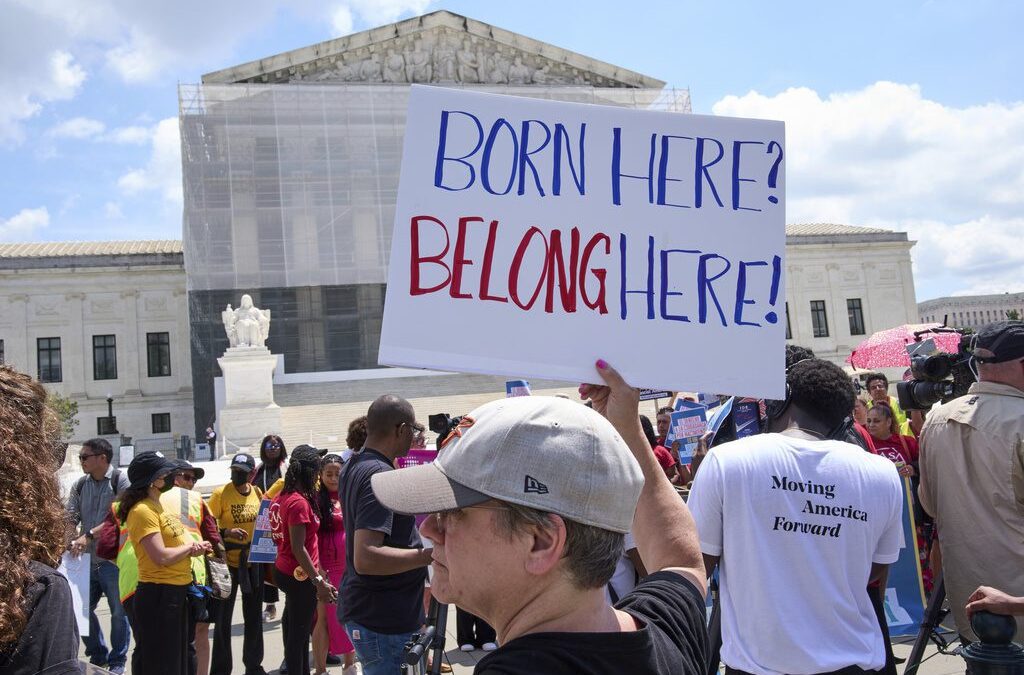
Supreme Court limits nationwide injunctions, but fate of Trump birthright citizenship order unclear
WASHINGTON (AP) — A divided Supreme Court on Friday ruled that individual judges lack the authority to grant nationwide injunctions, but the...



